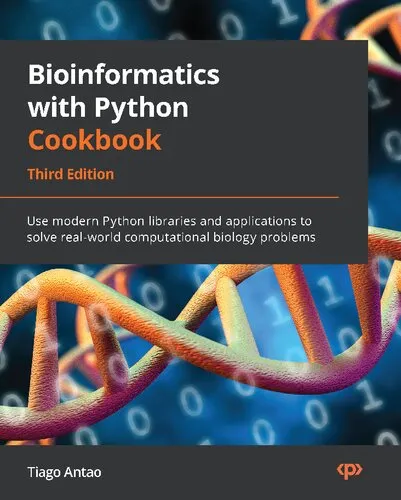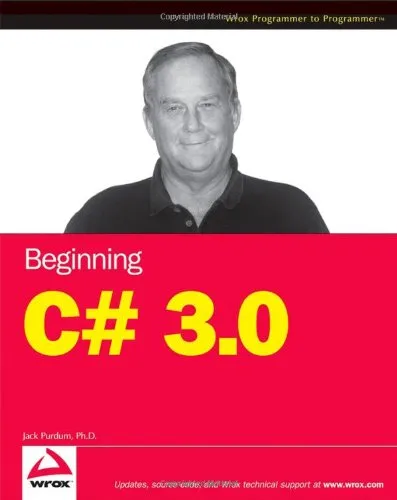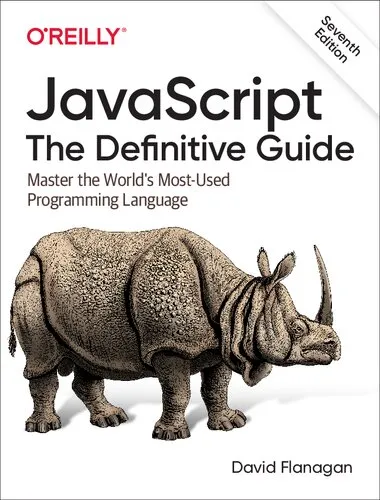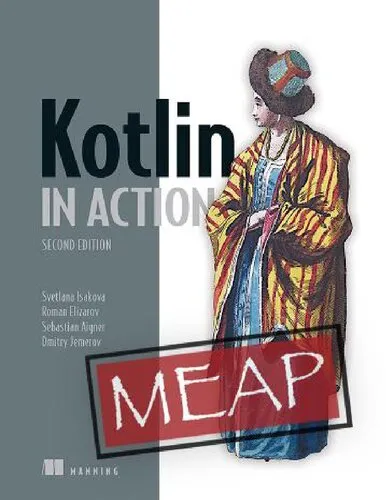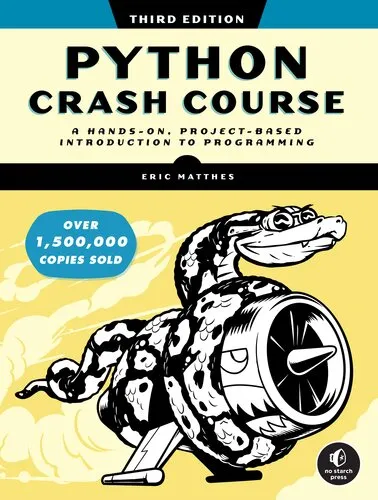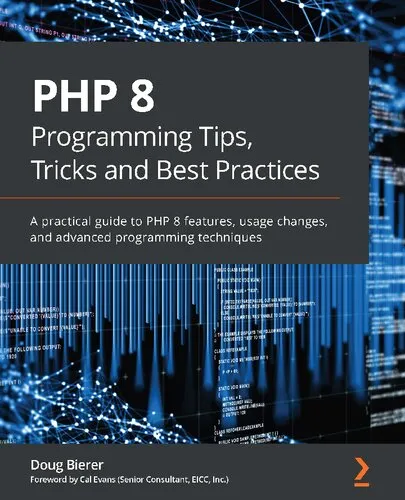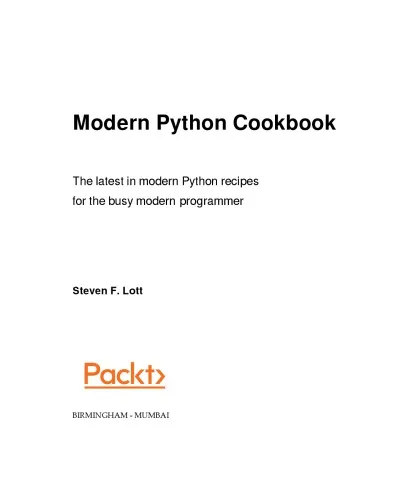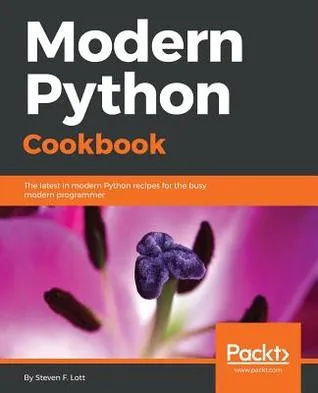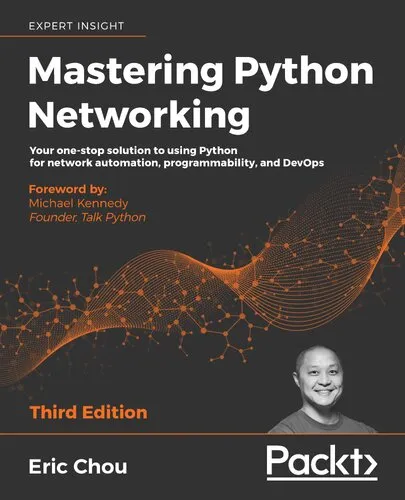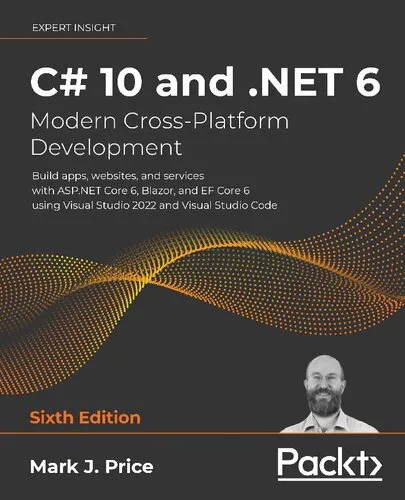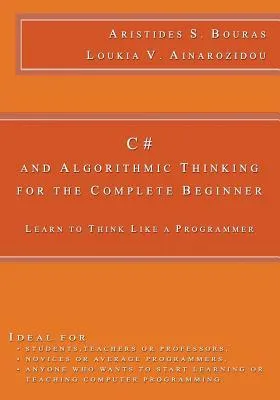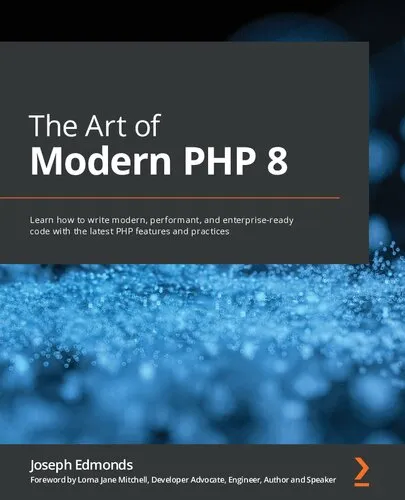Bioinformatics with Python Cookbook - Third Edition: Use modern Python libraries and applications to solve real-world computational biology problems
5.0
Reviews from our users

You Can Ask your questions from this book's AI after Login
Each download or ask from book AI costs 2 points. To earn more free points, please visit the Points Guide Page and complete some valuable actions.Related Refrences:
Discover modern, next-generation sequencing libraries from the powerful Python ecosystem to perform cutting-edge research and analyze large amounts of biological dataKey Features: Perform complex bioinformatics analysis using the most essential Python libraries and applicationsImplement next-generation sequencing, metagenomics, automating analysis, population genetics, and much moreExplore various statistical and machine learning techniques for bioinformatics data analysisBook Description: Bioinformatics is an active research field that uses a range of simple-to-advanced computations to extract valuable information from biological data, and this book will show you how to manage these tasks using Python.This updated third edition of the Bioinformatics with Python Cookbook begins with a quick overview of the various tools and libraries in the Python ecosystem that will help you convert, analyze, and visualize biological datasets. Next, you'll cover key techniques for next-generation sequencing, single-cell analysis, genomics, metagenomics, population genetics, phylogenetics, and proteomics with the help of real-world examples. You'll learn how to work with important pipeline systems, such as Galaxy servers and Snakemake, and understand the various modules in Python for functional and asynchronous programming. This book will also help you explore topics such as SNP discovery using statistical approaches under high-performance computing frameworks, including Dask and Spark. In addition to this, you'll explore the application of machine learning algorithms in bioinformatics.By the end of this bioinformatics Python book, you'll be equipped with the knowledge you need to implement the latest programming techniques and frameworks, empowering you to deal with bioinformatics data on every scale.What You Will Learn: Become well-versed with data processing libraries such as NumPy, pandas, arrow, and zarr in the context of bioinformatic analysisInteract with genomic databasesSolve real-world problems in the fields of population genetics, phylogenetics, and proteomicsBuild bioinformatics pipelines using a Galaxy server and SnakemakeWork with functools and itertools for functional programmingPerform parallel processing with Dask on biological dataExplore principal component analysis (PCA) techniques with scikit-learnWho this book is for: This book is for bioinformatics analysts, data scientists, computational biologists, researchers, and Python developers who want to address intermediate-to-advanced biological and bioinformatics problems. Working knowledge of the Python programming language is expected. Basic knowledge of biology will also be helpful.
Free Direct Download
You Can Download this book after Login
Accessing books through legal platforms and public libraries not only supports the rights of authors and publishers but also contributes to the sustainability of reading culture. Before downloading, please take a moment to consider these options.
Find this book on other platforms:
WorldCat helps you find books in libraries worldwide.
See ratings, reviews, and discussions on Goodreads.
Find and buy rare or used books on AbeBooks.
1404
بازدید5.0
امتیاز0
نظر98%
رضایتReviews:
5.0
Based on 0 users review
Questions & Answers
Ask questions about this book or help others by answering
Please login to ask a question
No questions yet. Be the first to ask!
